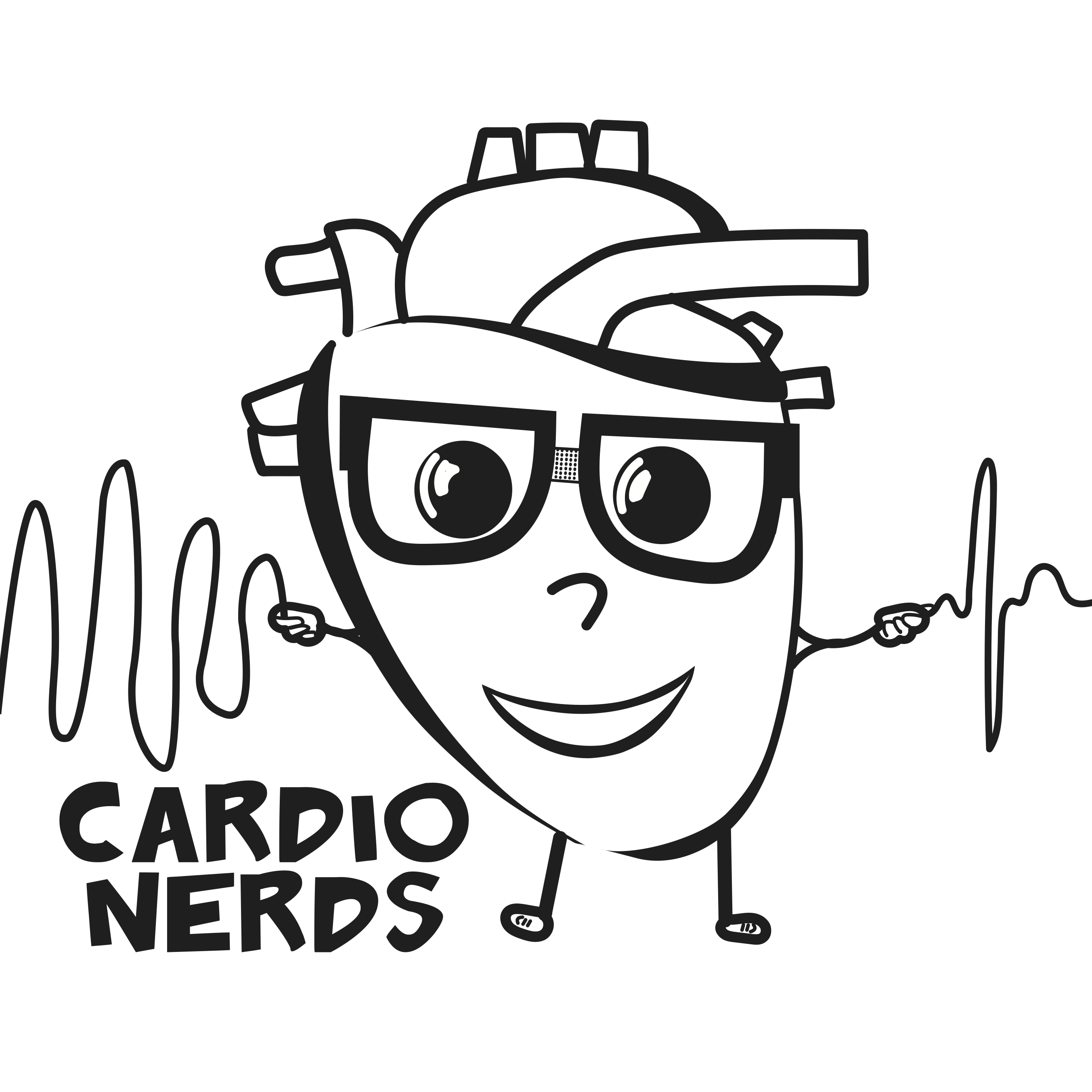143. Lipids: (Non)-Fasting LDL & Furious Lipid Lowering with Dr. Alison Bailey

CardioNerds\xa0Dr. Rick Ferraro, Director of the\xa0#CardsJC Journal Club\xa0and cardiology fellow at\xa0Johns Hopkins,\xa0and\xa0Dr. Tommy Das, Program Director of the\xa0CardioNerds Academy\xa0and cardiology fellow at\xa0Cleveland Clinic,\xa0learn all about the clinical application of the ASCVD primary and secondary prevention guidelines in terms of lifestyle modifications and lipid lowering strategies from Dr. Allison Bailey, Editor-in-Chief of the ACCEL Audio Journal and Advanced Heart Failure and Transplant Cardiologist at Centennial Heart. Dr. Baily was a co-author on the 2018 ACC/AHA Guideline on the Management of Blood Cholesterol. \n\n\n\nIn this episode we will learn about the current guidelines for primary prevention of ASCVD, the evidence for specific dietary changes in improving cardiovascular outcomes, the current guidelines for secondary prevention of ASCVD, how successful are clinicians and patients in meeting LDL-C recommendations, and what the recent SAMSON trial teaches us about statin intolerance. \n\n\n\nIf you're a current internal medicine resident, interested in the intersection between medical education, cardiovascular disease and digital media, consider applying\xa0to the CardioNerds Academy using this link. The deadline for this application is October 15th 2021. Learn more by visiting the CardioNerds Academy page. \n\n\n\nRelevant disclosure: None\n\n\n\nPearls \u2022 Notes \u2022 References \u2022 Guest Profiles \u2022 Production Team\n\n\n\n\n\n\n\n\n\nCardioNerds Lipid Series PageCardioNerds Episode PageCardioNerds AcademyCardionerds Healy Honor Roll\n\n\n\n\n\nCardioNerds Journal ClubSubscribe to The Heartbeat Newsletter!Check out CardioNerds SWAG!Become a CardioNerds Patron!\n\n\n\n\n\n\n\n\n\nQoatables - Lipid Lowering with Dr. Alison Bailey\n\n\n\n\u201cLifestyle should be the first step and the last step of everything we do.\u201d\n\n\n\nPearls - Lipid Lowering with Dr. Alison Bailey\n\n\n\nIn patients without established clinical ASCVD, the percent reduction in LDL-C is the strongest predictor of cardiovascular benefit. In patients with high LDL-C levels, a 50% reduction in LDL-C levels should be targeted.In high-risk patients with established clinical ASCVD, we should target a 50% reduction in LDL-C levels and an LDL-C level less of than <70mg/dL. Lower LDL-C levels are associated with better ASCVD outcomes, and European guidelines recommend targeting an LDL-C level of <55mg/dL.LDL-C lowering starts with promoting a health-lifestyle with emphasis on regular exercise and heart-healthy diet. Randomized trials support the efficacy of the Mediterranean diet in reducing cardiovascular events.\n\n\n\nShow notes - Lipid Lowering with Dr. Alison Bailey\n\n\n\n1. What are the current guidelines for primary prevention of ASCVD?\n\n\n\nThe 2019 ACC/AHA Guidelines on the primary prevention of Cardiovascular Disease provides the following guidance for clinicians (applicable to those without established clinical ASCVD):For all patients, a heart-healthy lifestyle focused on diet and exercise is the most important way to prevent atherosclerotic disease.For any patient with an LDL-C \u2265 190 mg/dL, a high intensity statin is recommended.Patients aged 40-75 years old who have diabetes mellitus warrant at least a moderate intensity statin, and may benefit from a high-intensity statin based on additional risk factorsFor patients aged 40-75 years old and with an LDL-C between 70-189 mg/dL without diabetes, the pooled cohort equation can determine 10-year ASCVD risk and guide a patient-centric risk discussion.Percent reduction in LDL-C is the strongest predictor of cardiovascular benefit; a 50% reduction in LDL-C should be targeted for most patients.\n\n\n\n2. What evidence exists for specific dietary changes in improving cardiovascular outcomes?\n\n\n\nA diet emphasizing intake of vegetables, fruits, legumes, nuts, whole grains, and fish is recommended to decrease ASCVD risk factors. Additionally, minimizing intake of processed meats, refined carbohydrates, and sweetened beverages can reduce ASCVD risk.